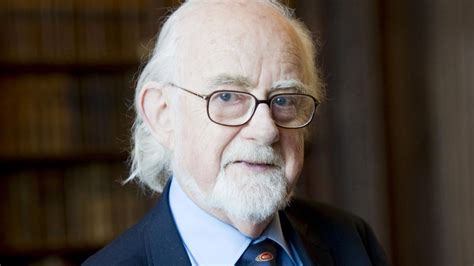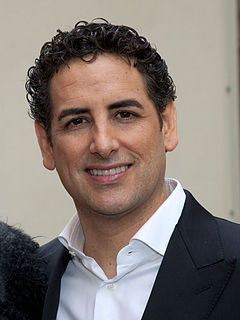A Quote by Michael Dickinson
A fly with a brain the size of a salt grain has the behavioral repertoire nearly as complex as a much larger animal such as a mouse. That's a super-interesting problem from an engineering perspective.
Quote Topics
Related Quotes
Structurally we should understand that one cannot think that the human brain is different from the brain of the other vertebrates. It is an important question, because we can investigate what is the difference between the brain of a mouse and ours, and of course the difference is enormous, in size and capacity.
I believe that the best way to create good living conditions for any animal, whether it's a captive animal living in a zoo, a farm animal or a pet, is to base animal welfare programs on the core emotion systems in the brain. My theory is that the environment animals live in should activate their positive emotions as much as possible, and not activate their negative emotions any more than necessary. If we get the animal's emotions rights, we will have fewer problem behaviors... All animals and people have the same core emotion systems in the brain.
I'm happy to say that at 62, I think I've reached that point where stuff doesn't bother me as much, and my gratitude level has gone way up, especially having gone through the loss that I've had, and losing so many of the great artists that I was close to. They taught me how to see it with a grain of salt and a lot of humor and perspective.
Im happy to say that at 62, I think Ive reached that point where stuff doesnt bother me as much, and my gratitude level has gone way up, especially having gone through the loss that Ive had, and losing so many of the great artists that I was close to. They taught me how to see it with a grain of salt and a lot of humor and perspective.
Talk of belief in these animals is not some kind of anthropomorphism. We simply cannot explain the kinds of problem solving and behavioral sophistication some species exhibit without supposing that they have genuine beliefs. But once these ethologists finish making the case for animal belief, they quickly move to talk of animal knowledge as well. What I argue is that this is not a mere façon de parler.




































